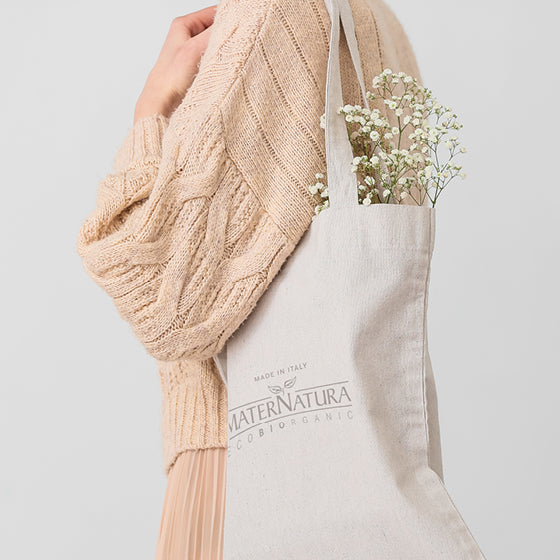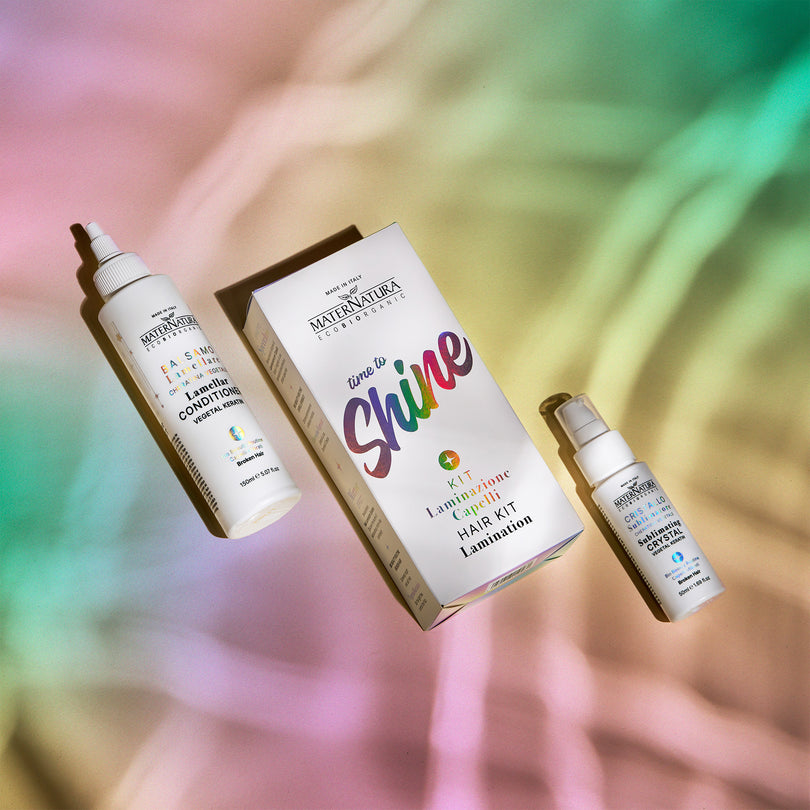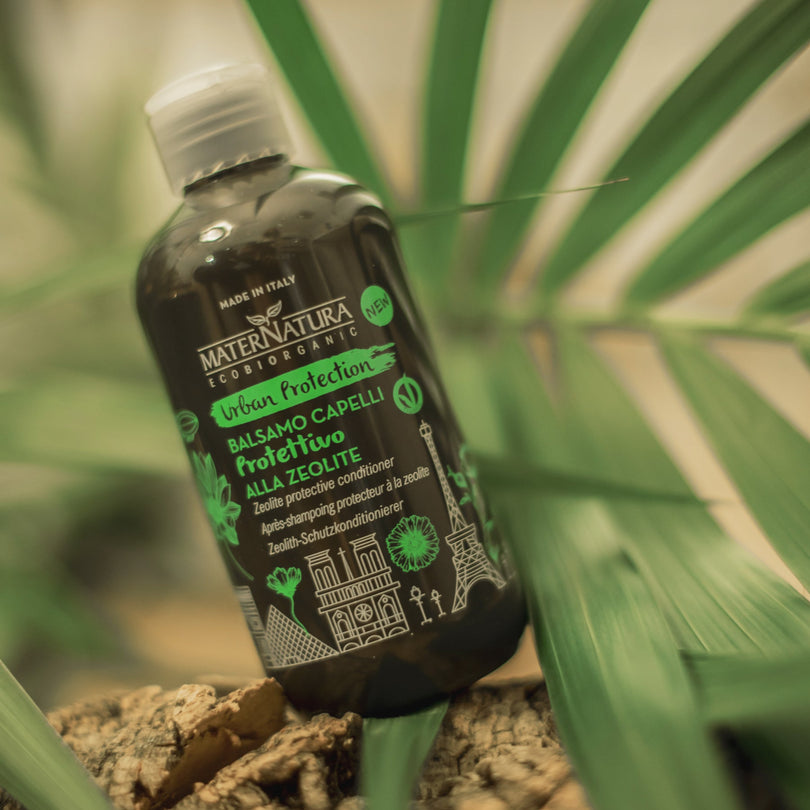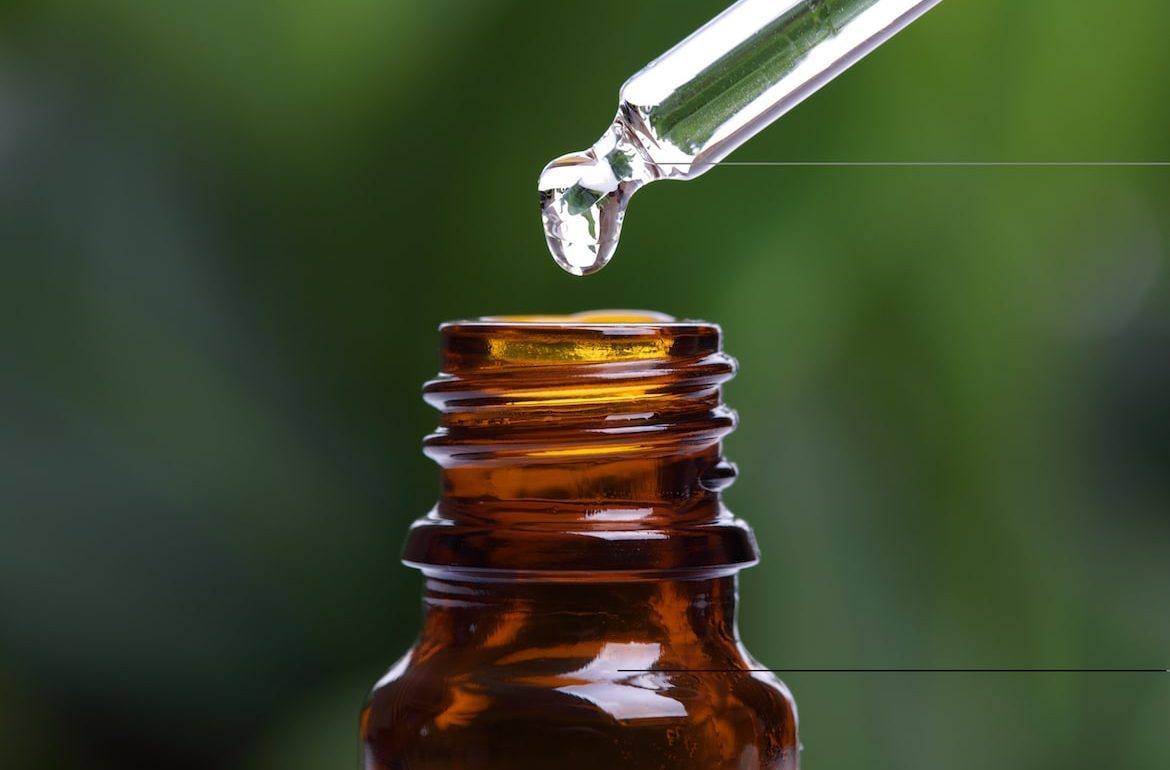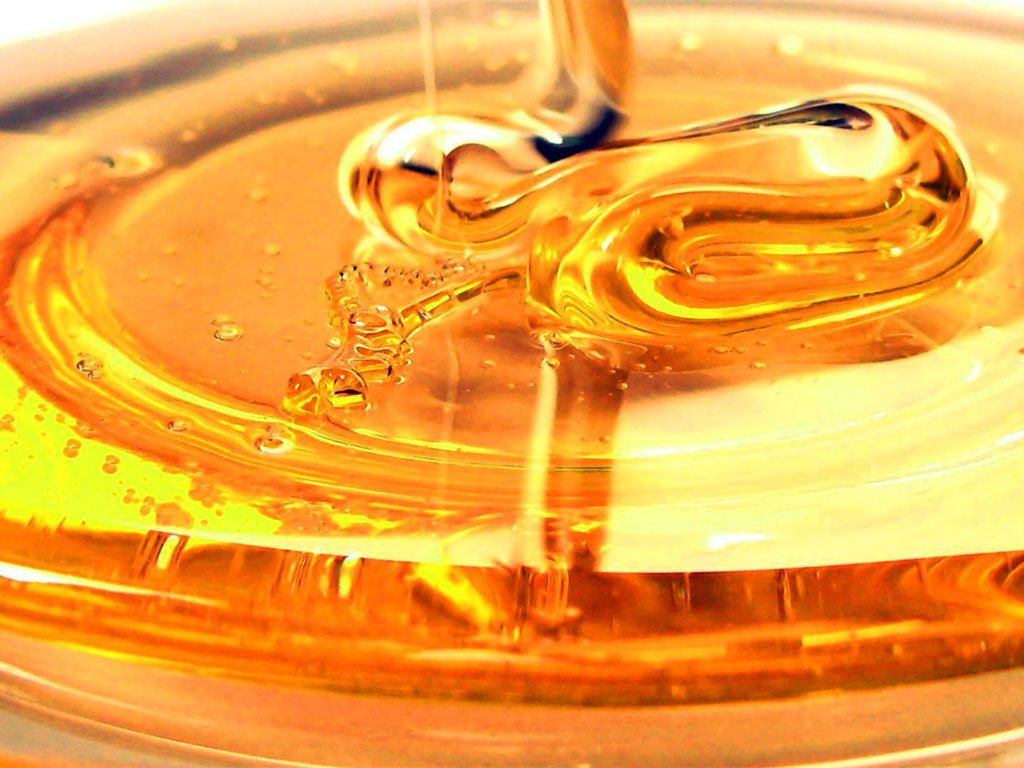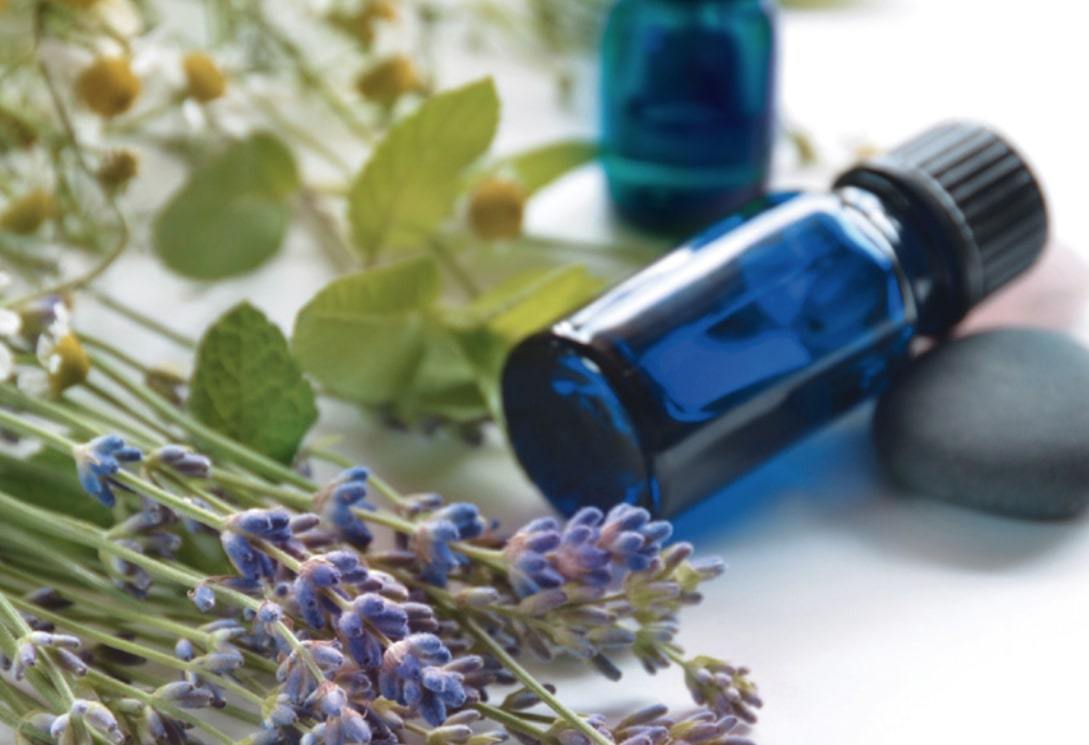The warehouse of essences
Essential oils are produced within specialized plant cells: secretory cells within the epidermis, at the ends of glandular hairs, secretory pockets from which various channels depart, etc. Since these cells can be found in different parts of a plant, the places where the essences are "stored" will also be multiple. Knowing them is essential for harvesting and for extraction. Here are some examples:
- in the roots: gentian, iris (Iris orentina), angelica, vetiver, ginger, jatamansi spikenard;
- in the trunk: sandalwood from India, atlas cedar, camphor, rosewood (tropical tree that has nothing to do with the rose), tolu;
- in branches and twigs: larch, douglasia, cypress (also fruits), fir, silver fir, tea tree, mountain pine, stone pine, cinnamon (bark);
- in the leaves: eucalyptus, lemongrass, verbena, geranium, cajeput, bay, patchouly, palmarosa, cistus, maritime pine, petit grain (leaves, twigs), fragonia, katafray;
- in the resin: myrrh, frankincense, galbanum, benzoin;
- in the seeds, in the fruits: nutmeg, juniper, kernel, coriander, cumin, carrot, cardamom, anise, tonka, black pepper, vanilla;
- in the peel of the fruit: mandarin, mandarin orange, lemon, cedar, bergamot, orange, grapefruit;
- in the whole plant except the roots: sage, oregano, mint, lemon balm, lemongrass, dill, oakmoss, santolina, meadowsweet, lemongrass;
- in the whole plant (in hours): rosemary, myrtle, marjoram, lavender, hyssop, tarragon, helichrysum, chamomile, basil, yarrow, thyme, savory, palmarosa, patchouli;
- in the ore: narcissus, carnation (buds), neroli (bitter orange blossom), jasmine, ylang ylang, rose.


